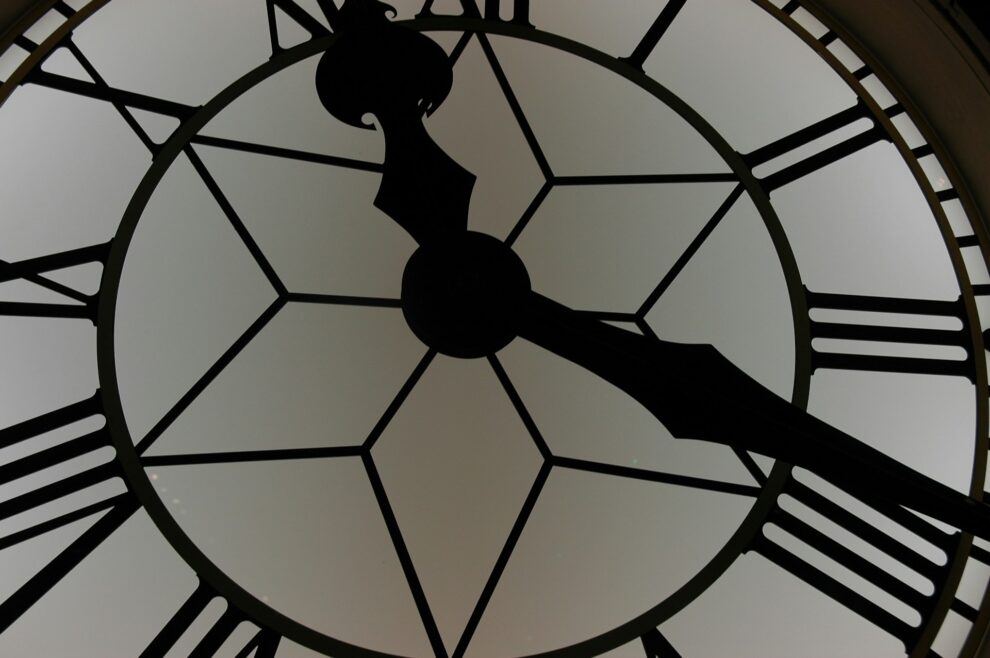Citizens across the European Union will be turning their clocks back an hour this Sunday, but Brussels believes the time has come for the 27-nation bloc to stop the practice once and for all.
The European Union first suggested abolishing the biannual clock changes in 2018, but despite support from the bloc’s lawmakers, the proposal has been gathering dust due to opposition from some member states.
Under EU rules, laws proposed by the EU executive based in Brussels need approval from the European Parliament and states.
Just days before clocks go back, EU lawmakers put the subject back on the agenda with a debate Thursday.
Kickstarting the discussion in the parliament in Strasbourg, EU transport chief Apostolos Tzitzikostas told lawmakers clock changes should end and vowed the European Commission, the bloc’s executive arm, remained focused on the issue.
“The commission has decided to undertake further analysis through a detailed study that we are working on right now, to support future decision making on this issue,” he said.
“My goal is to move forward. The time has come to finally stop the seasonal changes of time every year,” he added.
– Spain revives the debate –
Research shows moving the clock back and forth in autumn and spring hurts the economy as well as people’s health.
Previous reform plans floated by Brussels have suggested letting each member state decide whether to stay year-round on either winter or summer time.
Tzitzikostas said the current system “affects us all, frustrates most, and even I would say harms people.”
Following the 1970s oil crisis, the practice of moving the clocks forward in spring was implemented to save energy.
But the commissioner argued it “no longer produces any energy savings”. And as the EU’s internal market has grown closer, different summer times across the bloc pose problems for the energy and transport sectors.
Tzitzikostas said he was in contact with EU states to push forward the issue — which has public support.
Nearly four million people in the bloc’s then 28 member states — before Britain formally exited — gave their support in an open consultation in 2018.
Thursday’s debate comes after Spain revived the discussion at the EU energy ministers’ level on Monday, backed by Poland and Finland, an EU diplomat said.
“Changing the time twice a year no longer makes sense. It barely helps save energy and has a negative effect on people’s health and lives,” Spanish Prime Minister Pedro Sanchez said Monday on X.

Add Comment